Home > News > Nigeria to Be Net Exporter of Refined Pe...
Nigeria to Be Net Exporter of Refined Petroleum Products Next Year ~ Kyari
By AnchorNews | 10 Oct, 2023 05:49:17am | 54
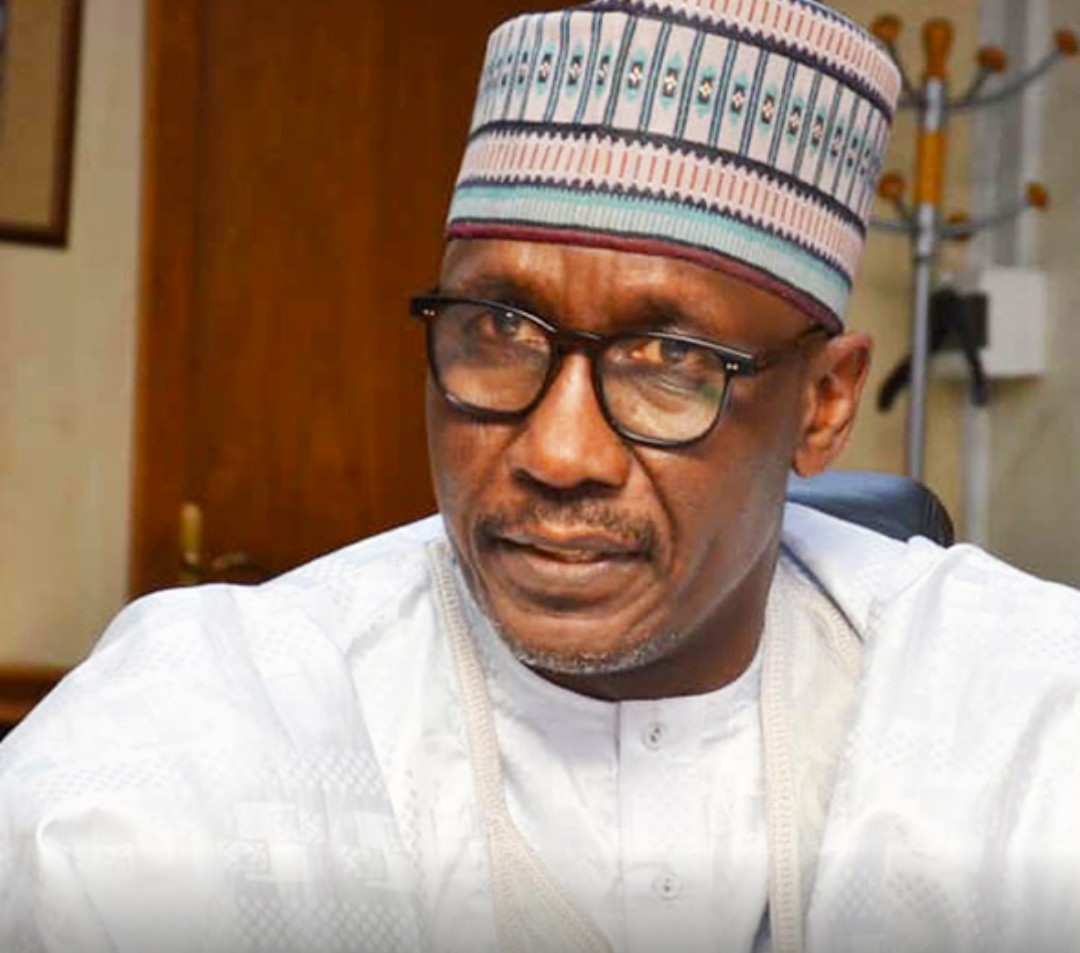
...Says Tinubu saved NNPC from going bankrupt by removing fuel subsidy
The federal government yesterday, debunked news making the rounds that had backed down on its complete removal of petrol subsidy, insisting that fuel subsidy was gone for good.
There had been media reports that the federal government had been paying subsidies on petrol so as to keep the pump price from skyrocketing beyond the current average of N619 per litre.
But responding to the issue for the first time, while answering reporters’ questions after a closed-door meeting with President Bola Tinubu at the State House, Abuja, the Group Chief Executive Officer of Nigeria National Petroleum Company Limited, Mele Kyari, said there was no subsidy whatsoever as the NNPCL was recovering full cost of petroleum products being imported.
Also yesterday, Kyari predicted that based on current policy interventions by the federal government, the country could become a key exporter of refined petroleum products from next year. Kyari, who was the guest speaker at the ongoing Energy and Labour summit organised by the Petroleum and Natural Gas Senior Staff Association of Nigeria (PENGASSAN) in Abuja, said despite challenges, the country was already witnessing some positive outcome of the subsidy removal.
He also said foreign exchange (FX) issues have not allowed private companies to import petroleum products, with the national oil company presently the sole importer of the product.
“We are the only company importing petrol into the country. None of them can do it today. For them, access to foreign exchange is difficult. We create foreign exchange (FX), therefore we have access to FX, while their access to FX is limited,” he told participants at the PENGASSAN summit.
However, speaking with journalists at the State House after a meeting with the President, Kyari explained that fuel prices in Nigeria was determined by market forces and global oil prices, and there was no financial burden placed on the government or taxpayers due to subsidies.
His words: “No subsidy whatsoever. We are recovering our full cost from the products that we import. We sell to the market we understand why the marketers are unable to import. We hope that they do it very quick and this are some of the interventions government is doing, there is no subsidy”.
On the fuel scarcity that has been noticed in some States and Abuja at the weekend, the NNPCL boss blamed the development on a mixture of bad roads, competition among marketers and foreign exchange challenges.
According to him: “We have seen in very few States pockets of very low queues. This is not unconnected with the road situation as we’re seeing the number of blockades on our roads crossing products from the southern depots into the northern part of the country, and it takes them a much longer time now.
“They have to reroute their trucks around many, many locations for them to be able to reach destinations and that created delays and some supply gaps. But that has been filled and we do not see any of such problems again.
“Secondly, because of the full deregulation that we have in this sector, marketers are now competing amongst themselves. So, you must have noticed some fuel stations will reduce price by two naira and three naira so customers will naturally run to the places where you have that reduction in prices.
“That creates panic, because for those who don’t know why they are doing it, they will think that there’s something wrong happening, or there’s an ominous sign of scarcity and people start queuing up in the fuel stations.”
Speaking further, Kyari said: “Otherwise, there is no challenge. Supply is robust. We have over 1.4 billion litres of product in our hands, both marine and land. Also there are no issues around delivery of those products into the land. So there is no fear, nothing to bother about.
“We are also happy that the market forces are now playing out and marketers are competing and of course there are a few issues we’re engaging them to resolve alongside other agencies of government and critical issues around access to foreign exchange.
“As you all know, government is doing so much to ensure supply of FX (foreign exchange) into the market. We know that this FX market will stabilise. Current I&E window is around N770.
“And we know that those inputs that are already happening, the inputs of government today will crystallize and also they will come to an equilibrium position in the FX market and this is a dream of this country.
“So, they will have a stable FX market, stable product market where the prices of product will also speak to prices of other commodities. And this is already manifesting and we think this is the economic revolution that this country needs.”
Meanwhile, Kyari, has predicted that the country could become a key exporter of refined petroleum products from next year.
He also pointed out that save for the pronouncement by President Bola Tinubu that led to the removal of subsidy on petrol, the NNPC would have become bankrupt before the May 29th, 2023 deadline provided in the budget.
Kyari, who was the guest speaker at the ongoing PENGASSAN summit, said despite challenges, the country was already witnessing some positive outcome of the subsidy removal.
For instance, Kyari said most construction companies have started moving back to sites as more resources becomes available to execute projects.
The GMD who said what Nigeria needs presently was to adjust its realities, further declared:
“Today, we import 100 per cent of our product. No resource-dependent country does this and that is why we must deliver on our mandate.
“So it will be done, and you will see. I don’t want to speak about it. We are tired of speaking about it. But what we must achieve is that this country must be the next exporter of petroleum product.
“I strongly believe, now without giving you a chance so that you don’t get angry again, that in 2024, this country will become a net exporter of petroleum product. The meaning of this is that we will have sufficient volumes in-country,
“When we refine locally, we do have advantages, creating wealth, creating taxes, and all forms of value chain, creating employment, and so on and so forth,” he said.
With regard to transportation challenges arising from the removal of fuel subsidy, Kyari said there was need to fast-track the CNG initiative by embarking on mass conversion of fuel driven cars to CNG models.
He said the country should focus more on clean energy-CNG driven transport system in the coming years, adding that the government was already working on bringing on a gas revolution in the country by putting in place gas pipeline infrastructure aimed at making CNG gas available to all parts of the country.
Another area of focus, Kyari said was the development of local refining capabilities.
Speaking on the vision for deregulation of the petroleum downstream sector, Kyari said one of the unintended outcomes of the policy on fuel subsidy was its crippling effect on the operations of the NNPC which he said was forced to bear the cost of the subsidy not backed up by funds from the 2023 budget.
He said the policy decision to extend the fuel subsidy to May 29, 2023, was not backed with monetary allocation which forced NNPC to stretch itself to its fullest and almost became bankrupt.
While recounting the issues that led to the eventual removal of fuel subsidy, Kyari said: “So by 17th of February, there was simply no legal basis, no legal provision to put subsidy on petroleum and that market should determine the price of petrol and that the state should take responsibility to ensure that consumers are protected from the price fluctuations.
“And of course, we are dealing with a very big country, over 200 million people in population. Huge issues around economic inclusion. And therefore, it became very obvious that it was not practicable to stop the placement of subsidy on PMS
“So the National Assembly, in its wisdom, decided that can we provide for financing until 30th of June 2023, so that we can now close that gap and then have the right conversation and get ready to ensure that we are addressing this appropriately.
“Obviously, budget is one thing. Funding is a different thing. And I can tell you, since 2022, when that provision was made, until the 29th of May, not a single naira was paid to the NNPC Limited as cost of subsidy.
“That means we were carrying it entirely on the balance sheet of the NNPC. We’ll hold back fiscal revenues, taxes, royalties, including properties, and yet, because we are seeing values exceeding N400 billion in a month of subsidy. There was no way the fiscal obligations would cover for the subsidy.
“So we were heading towards what we can technically call bankruptcy of the NNPC. Because we would have gone into negative cash flow.
“By the end of June 2023, we would have been in negative cash flow. What it simply meant was that the NNPC would have been bankrupt if that bold decision was not taken by Mr. President,” he added.
On how to address the initial challenges accompanying deregulation of the petroleum downstream sector, the NNPC boss said going back on the policy was not an option but that efforts should be directed on how to deal with the impact on ordinary citizens.
According to him, the federal and state governments were already taking some measures to provide palliatives and address the transportation issues.
He said people would always cut corners as long as the market does not determine the price of PMS.
Kyari, revealed that as at today, the country does not have accurate record of fuel consumption due to the absence of requisite technical capabilities.
He also pointed out that Nigeria does not have accurate record of domestic fuel consumption as a result of cross border smuggling.
He also disclosed that the country has witnessed a drop of daily petrol evacuation from the depot by 30 per cent since the removal of the subsidy.
“I always say that we do not have very credible data on fuel consumption in this country. The reason is very simple. Technology, access, cross-border smuggling, and all the other segments of our system that are still not optimum cannot allow us to have a total idea and to fix number around our consumption.”
In his remarks, the Minister of Labour and Employment, Mr. Simon Lalong, urged PENGASSAN members to use the opportunity of the summit to come up with ideas that would help drive the petroleum sector to greater heights.
He said the federal government would continue to drive measures that would bring succor to Nigerians and help bring relief and ensure industrial harmony.
One of the panel discussants at the summit, Mr. Peter Esele, a former PENGASSAN President, said there was need to shift the subsidy from fuel to transportation, healthcare and education so as to assuage the impact of fuel subsidy removal.
Esele, said there was doubt that the government had reintroduced fuel subsidy as the cost of the product does not move in line with market forces.
Another panelist, the national president of National Association of Road Transport Owners, Yusuf Othman, spoke of the challenges being encountered by the sector following the removal of fuel subsidy, saying his members have experienced depletion of resources due to inflation.
For instance, Othman said there had been a significant reduction in the number of trucks nationwide from 50,000 to 30,000.
While welcoming participants at the summit, PENGASSAN President, Festus Osifo raised concern over the impact of the current economic policies on the salary of workers in the oil and gas sector, saying the body would be pushing for a review of the salary of the workers in line with current realities.
Osifo raised concern over the impact of the current economic policies on the salary of workers in the oil and gas sector.
Osifo, also said the unification of the foreign exchange rates benefited only government and oil companies to the detriment of the workers.
He said the situation has necessitated a call for a salary benchmark for oil and gas workers, aligning with the instrument of trade of the oil and gas commodity.
“The model practiced in Angola, where legislation pegs workers’ salaries in dollars and pays them the legal tender equivalent, is a testament to the possibilities of safeguarding the interests of workers amidst currency fluctuations.
“The floating of the naira in the official market has exacerbated the challenges faced by our members.
“We must explore innovative solutions to forestall financial losses to workers and prevent undue gains to companies, ensuring a fair and equitable environment for all. PENGASSAN will do all it can to push for this just and equitable distribution across its branches,” he said.
THISDAY

Leave a Reply
Your email address will not be published. Required fields are marked *
Category
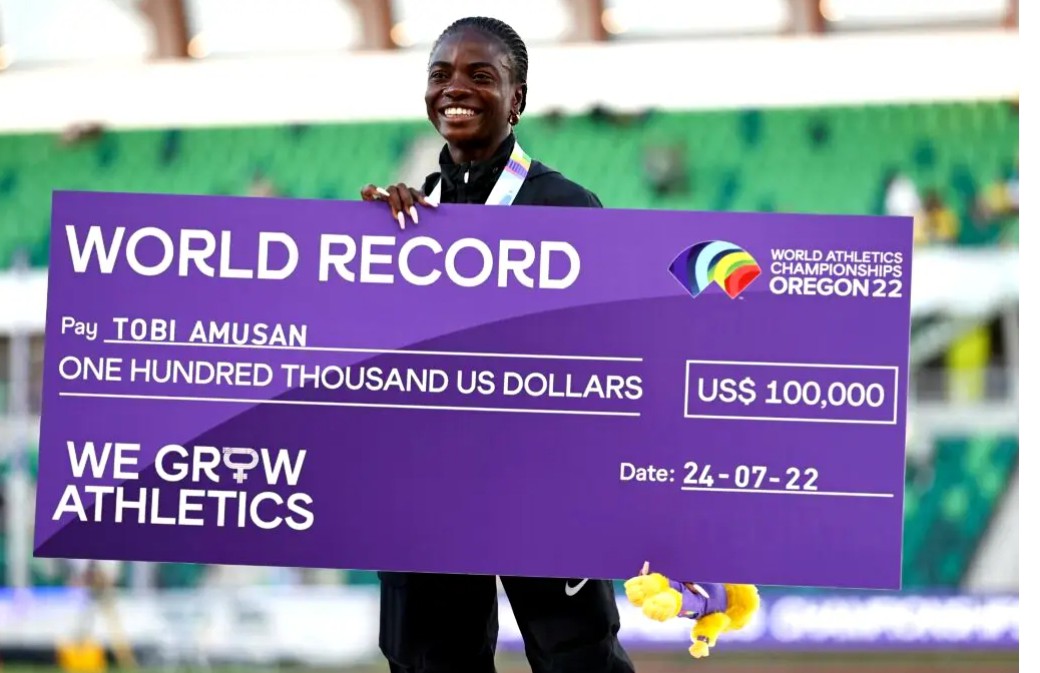 Sports
Sports 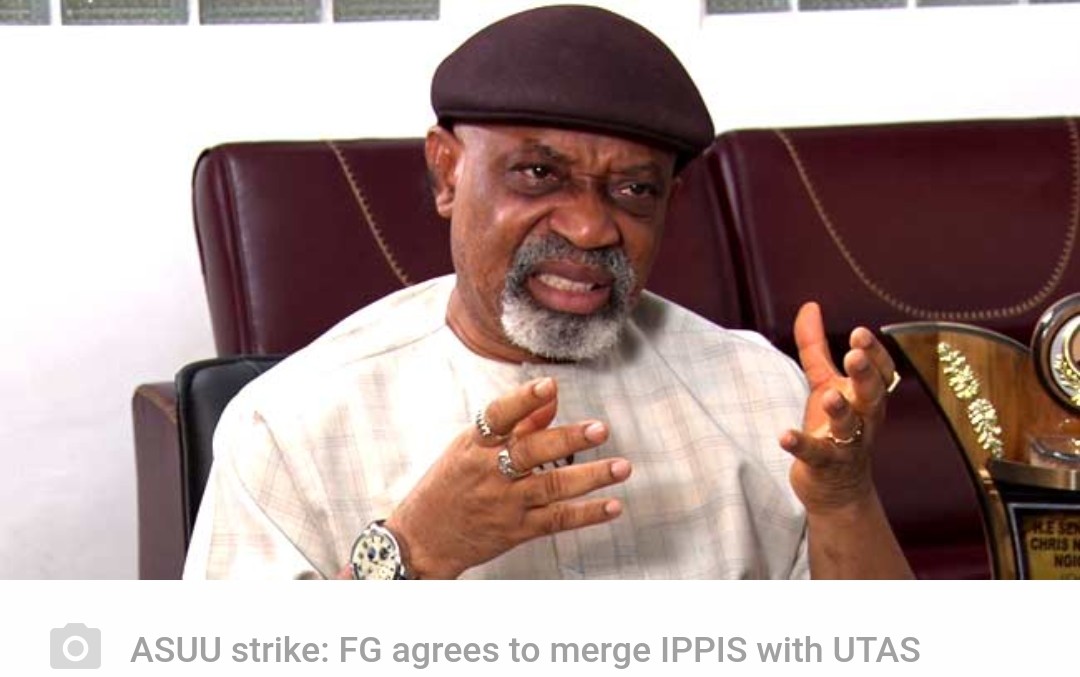 News
News Business & Economy
Business & Economy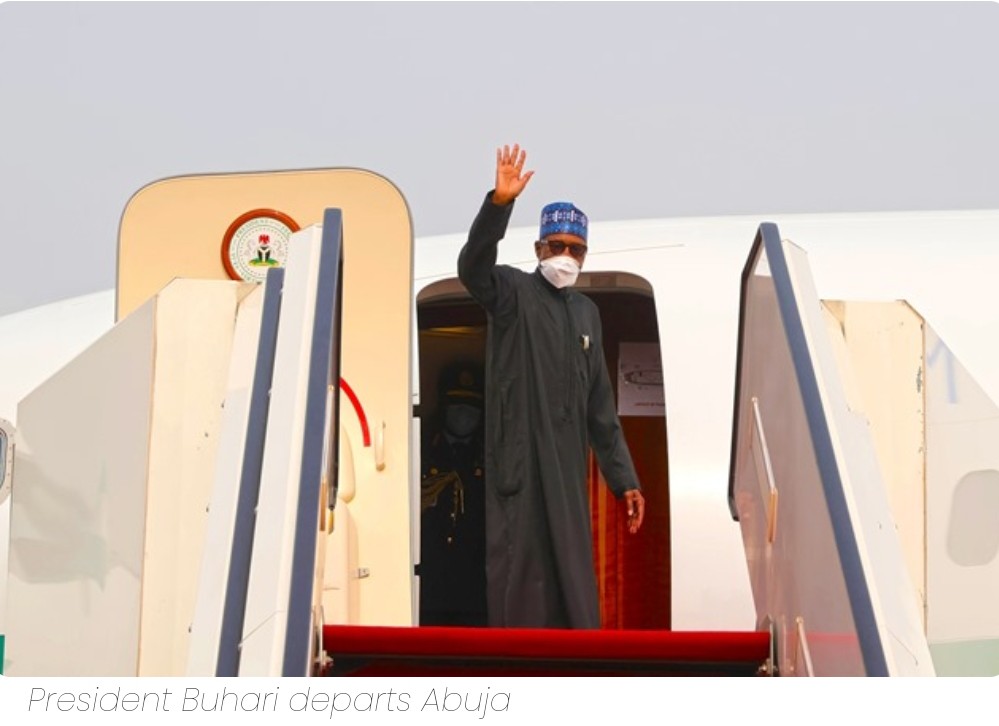 Culture & Tourism
Culture & Tourism Technology
Technology Crime & Security
Crime & Security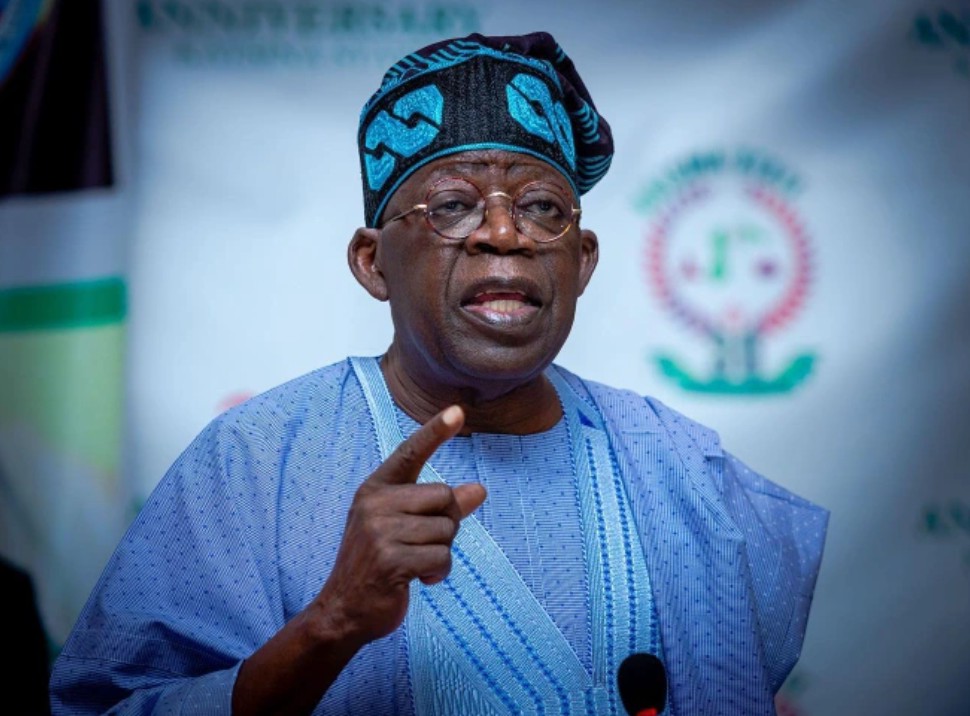 Politics
Politics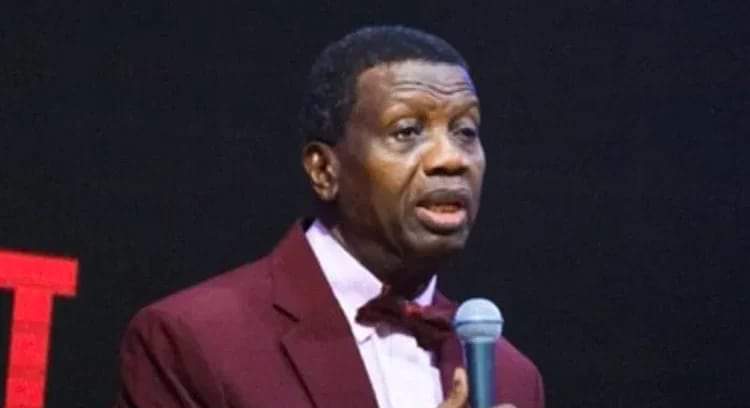 Religion
Religion  Opinion
Opinion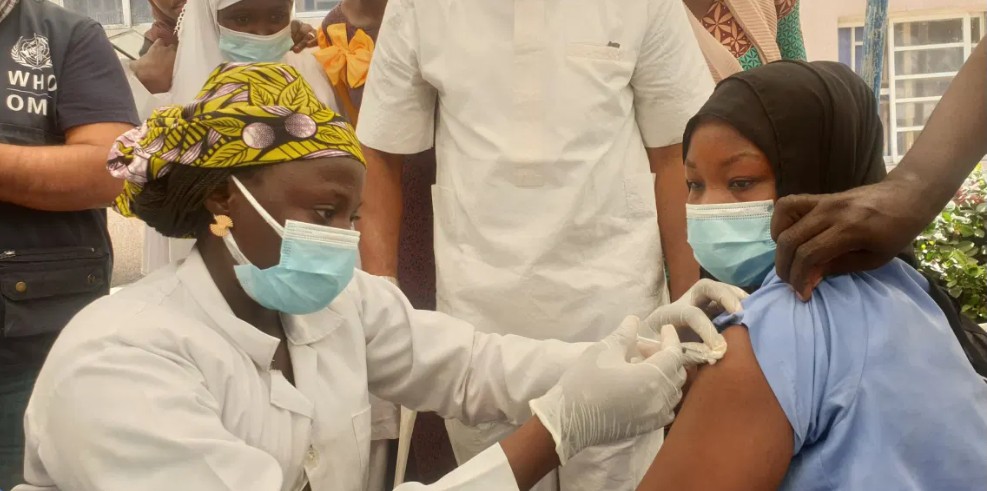 Entertainment
Entertainment.jpeg) Interviews
Interviews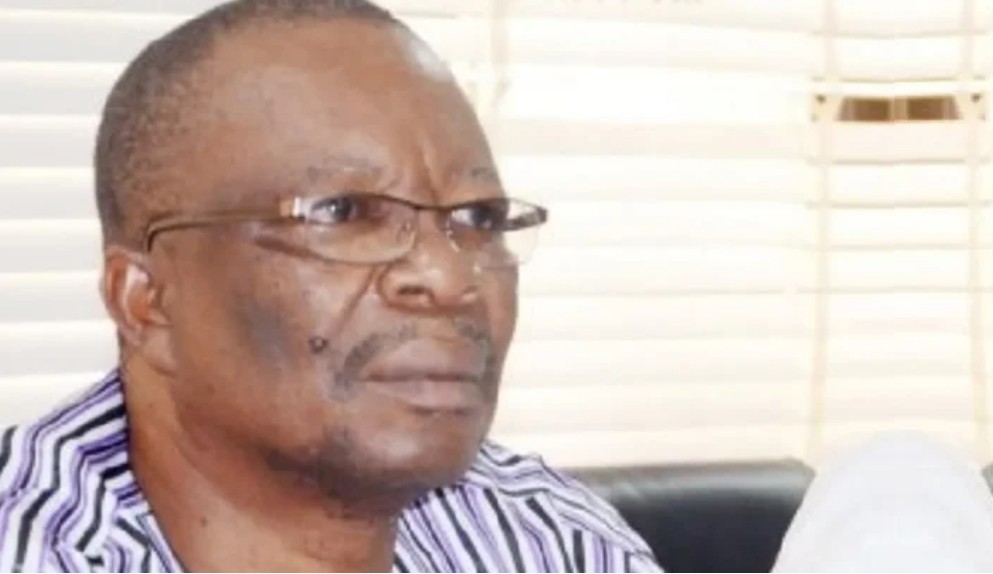 Education
Education  Health
Health